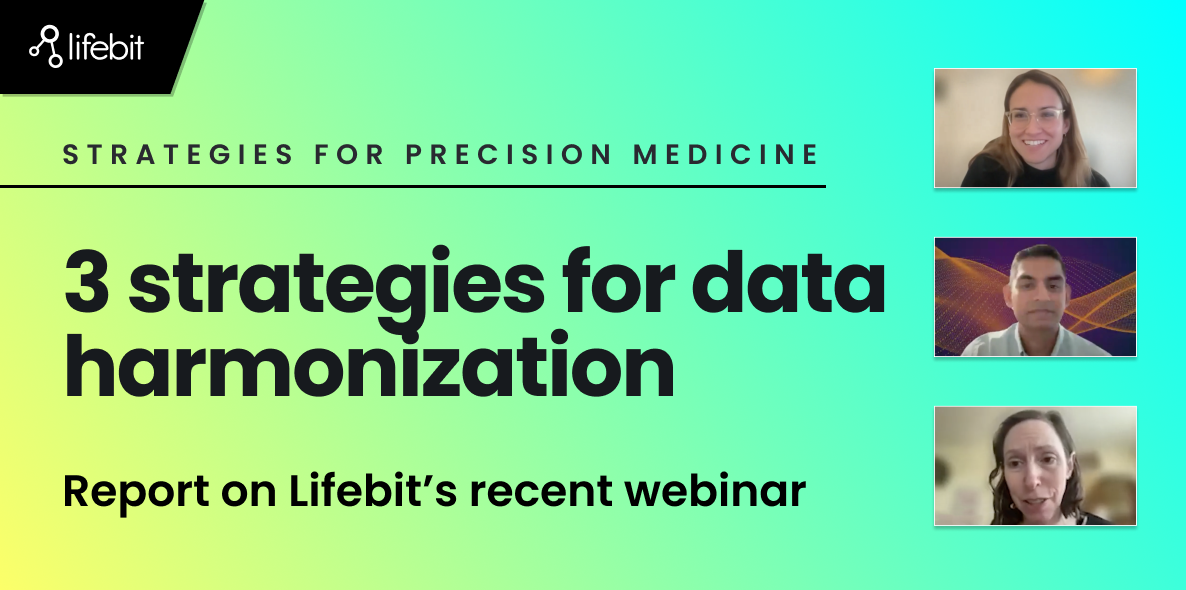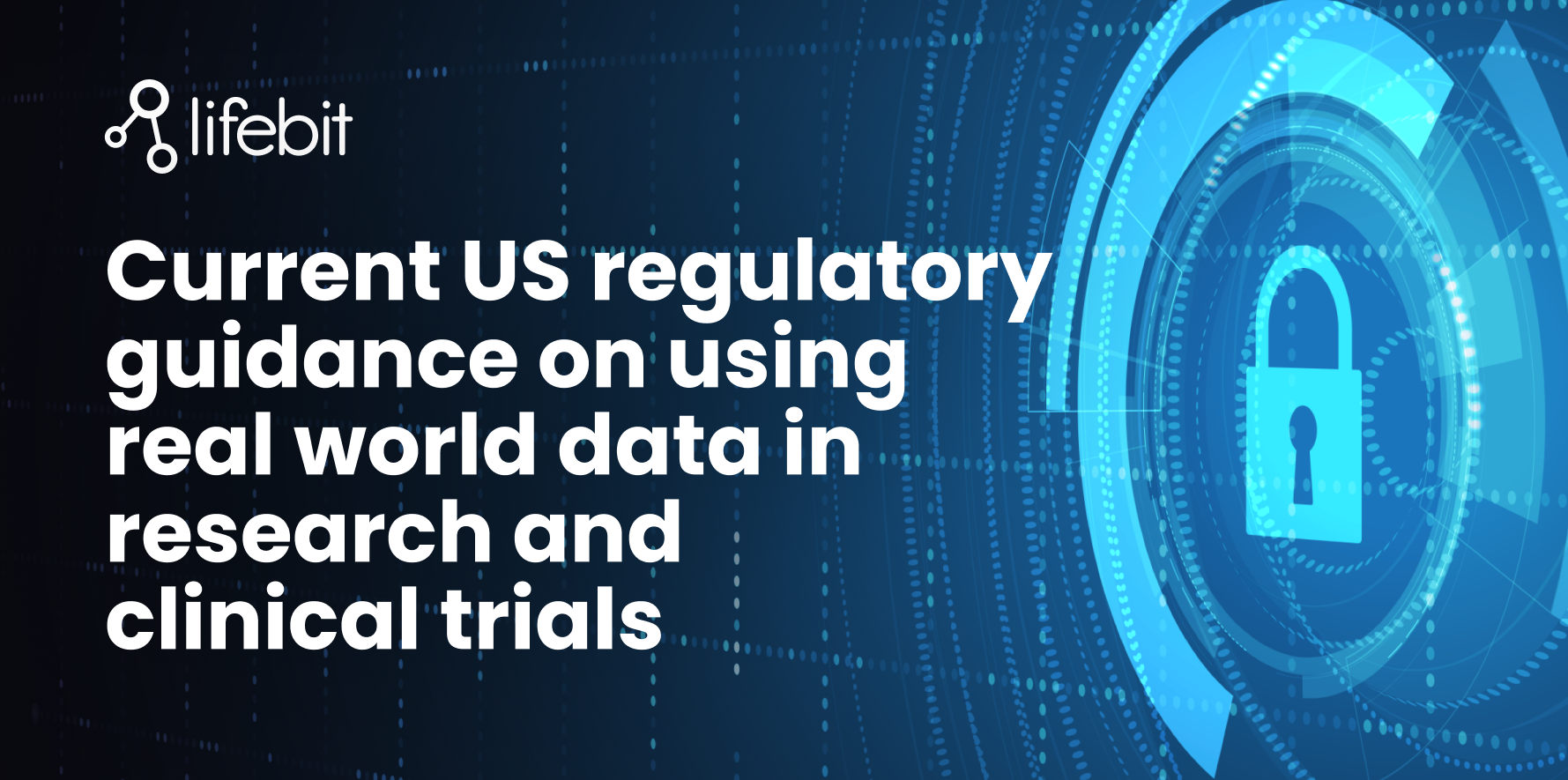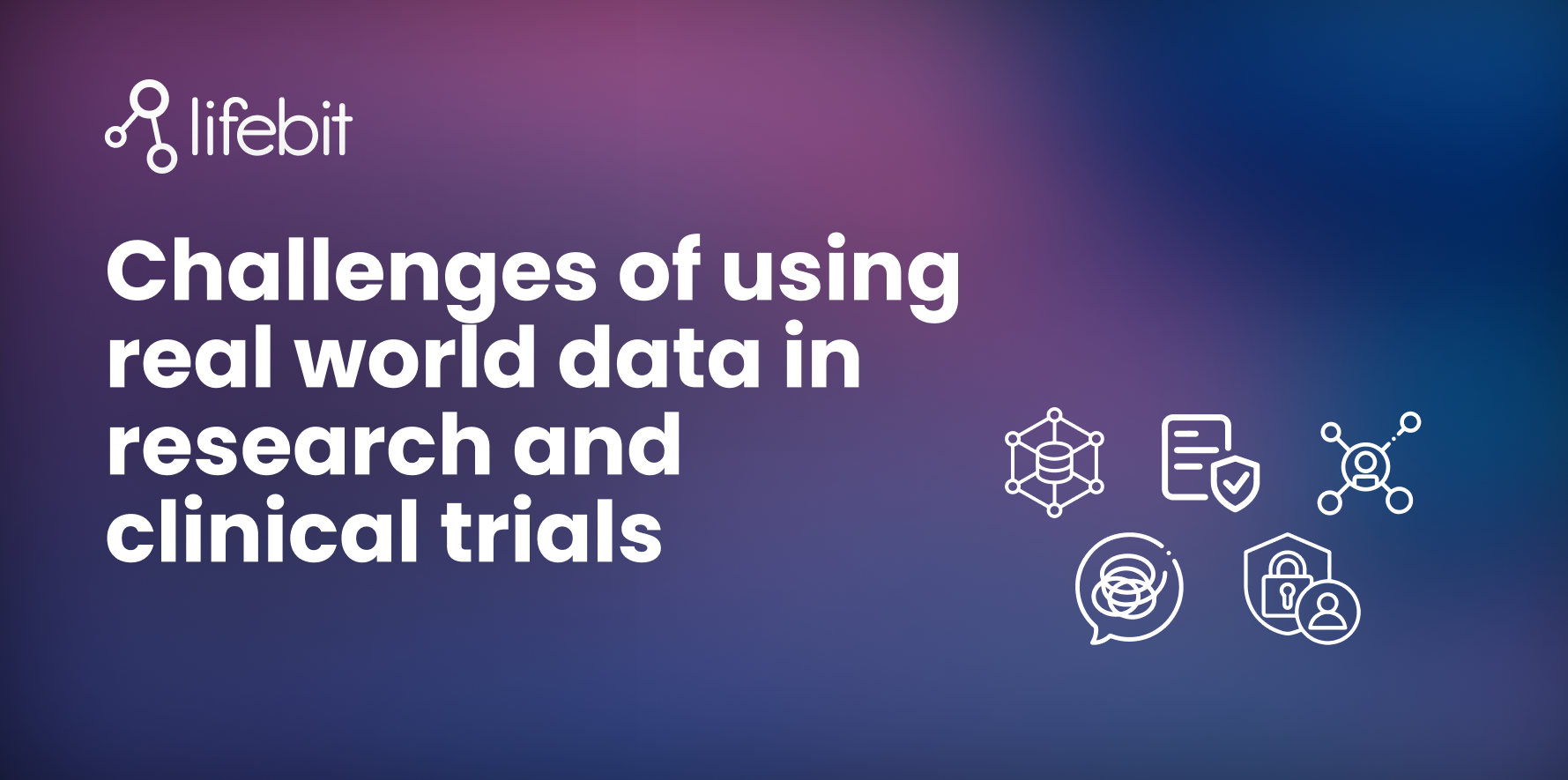Preserving Patient Data Privacy and Security in the Face of Cyber Attacks
.webp)
Lifebit
March 2024
Author: Dr Maria Dunford, CEO of Lifebit
Recent cyber attacks targeting major U.S. health organizations underscore the critical importance of safeguarding sensitive patient and public health data. With each breach, millions of individuals' personal health information is put at risk, highlighting the urgent need for robust security measures.
The statistics are staggering, from 2005 to 2019, the total number of individuals affected by healthcare data breaches was 249 million. This is a trend that continues to worsen- in 2023 alone 133 million individuals were affected by cyber attacks on healthcare organizations, a number that more than doubled from the previous year. These attacks come at a steep cost, with the healthcare industry bearing the highest data breach cost of any sector, averaging a staggering $10.93 million per incident.
Against this backdrop it is clear that traditional approaches to data management are no longer sufficient in ensuring patient privacy and security. It is imperative that as an industry we take proactive steps to enhance the security of our healthcare data. The alternative is that organizations start to clamp down on data sharing in this high risk environment, which will severely hamper health research and innovation, impacting the health of many more millions of people across the world.

I believe the solution is secure federated technology, which is key to preserving patient privacy and security in this digital age. Traditional data sharing and analysis approaches, championed by many other software and platform providers, involve the movement of sensitive data into centralized environments. These approaches are outdated: they are costly, slow, and inherently risky as evidenced by the recent data breaches. To achieve ultimate data security, data must remain within the direct control of the institutions that control and manage the data - the ‘data custodian’.
At Lifebit, our patented federated architecture ensures that all data remains securely within the bounds and security firewalls of the data custodian's environment. Through an application programming interface (API), our platform facilitates secure access and analysis of data while keeping it protected within a secure research environment. The data never moves and thereby reduces the risk of hacking. We know this works as our solutions are trusted by organizations around the world, including the UK, Danish, and Singaporean national governments.
Central to our mission is the establishment of a global data ecosystem that enables safe and secure data access and sharing to meet the most pressing global health challenges. By convening partners from around the world, including governments, healthcare organizations, and research institutions, we are fostering collaboration and driving innovation in healthcare.
As we confront the growing threat of cyber attacks on our healthcare infrastructure, the responsibility for safeguarding patient privacy and security has never been greater. Together, we have the opportunity to work collaboratively to build a safer, more resilient healthcare infrastructure that enables research and innovation whilst putting patient privacy and security first.
About the author
Dr Maria Dunford is a biotech entrepreneur who has founded two companies: Innovation Forum and Lifebit. As Lifebit’s CEO, Maria has led Lifebit to become one of the industry’s fastest growing companies and the biggest disruptor, securing contracts with high-profile clients across the life sciences sector, including Genomics England, Flatiron Health and Boehringer Ingelheim.
A frequent commentator at international conferences and high-profile outlets, Maria is a thought leader who is shaping precision medicine and precision drug discovery.


